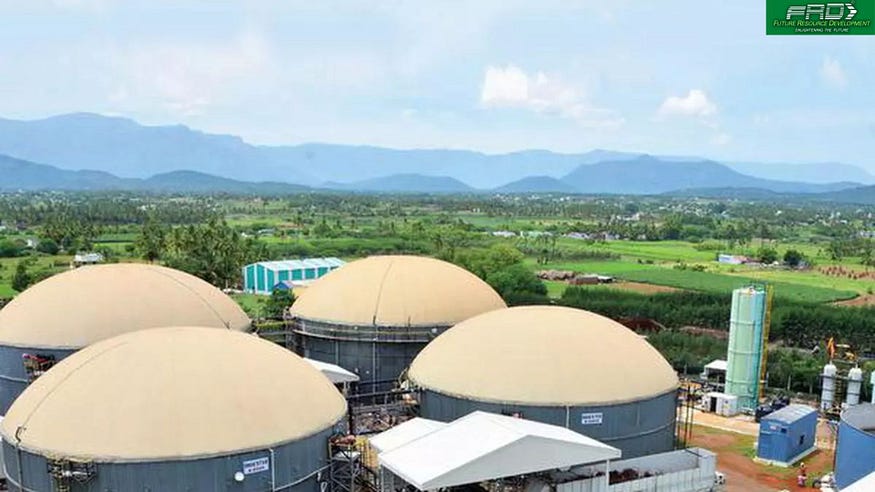Biogas in Kerala: Another Part of the Sustainability Picture

As Kerala strides towards sustainable development, biogas in Kerala has become a vital component in addressing energy demands and waste management issues. Known for its natural beauty and eco-conscious initiatives, the state is increasingly adopting renewable energy solutions like biogas to support its sustainability goals.
Biogas: A Key to Kerala’s Sustainability
Biogas is created through the anaerobic digestion of organic waste materials such as food scraps, agricultural residues, and livestock manure. This process not only generates a renewable source of energy but also provides an eco-friendly method for managing waste. For a state like Kerala, where waste disposal and energy needs intersect, biogas systems offer an ideal solution.
The Growing Adoption of Biogas in Kerala
Over recent years, the adoption of biogas in Kerala has seen a steady rise, especially in rural households, urban communities, and institutions. Government incentives and awareness campaigns have encouraged individuals and organizations to invest in biogas plants. These plants not only reduce dependency on conventional cooking fuels like LPG but also cut down methane emissions, which helps combat climate change.
Tackling Waste Management with Biogas in Kerala
Kerala faces significant challenges in managing organic waste, particularly in densely populated urban areas. Biogas technology provides a sustainable solution by converting waste into energy and producing a nutrient-rich slurry as a byproduct, which can be used as organic fertilizer for farming. This dual advantage makes biogas in Kerala an essential tool for managing the state’s organic waste sustainably.
Biogas: A Circular Economy Model for Kerala
The implementation of biogas in Kerala supports the principles of a circular economy, where waste is transformed into valuable resources. By using biogas systems, communities not only generate renewable energy but also produce natural fertilizers, thereby minimizing environmental harm and enhancing resource efficiency.
Challenges and Opportunities for Biogas in Kerala
While the benefits of biogas are undeniable, certain challenges still hinder its widespread adoption. These include the high initial cost of biogas plants, limited technical expertise, and the need for regular maintenance. However, increased awareness, financial subsidies, and innovations in technology can help overcome these barriers and expand the use of biogas in Kerala.
Biogas in Kerala: Shaping a Sustainable Future
The growing focus on biogas in Kerala is a testament to the state’s commitment to sustainable living. By integrating biogas technology with existing waste management systems, Kerala can reduce its reliance on fossil fuels and achieve its clean energy targets. This renewable energy source offers an effective way to meet the state’s energy needs while preserving its environment for future generations.
Conclusion
Biogas in Kerala represents another important piece of the sustainability puzzle. From tackling waste management challenges to promoting renewable energy, biogas systems have the potential to transform how the state approaches sustainability. As Kerala continues to innovate and adopt eco-friendly practices, biogas will play a pivotal role in creating a greener and more sustainable future.

Comments
Post a Comment